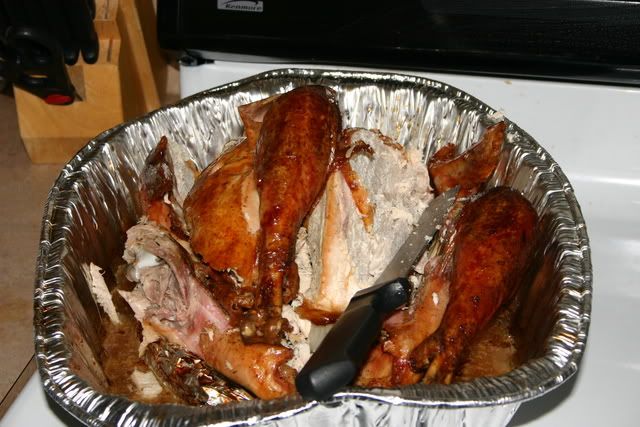
Now that you have survived the Thanksgiving Day festivities it is time to remind you to keep an eye out on your pets.
Digestive Issues
A pet who with a turkey bone lodged in his or her digestive system may not show any symptoms for a day or two.
What do the symptoms of this issue look like? Your pet may exhibit a loss of appetite, vomiting, diarrhea or become very lethargic. Sometimes the bone will pass while other times it may need to be removed surgically.
Salmonella Poisoning
Salmonella food poisoning is another concern from leftover turkey. Salmonella lives in the turkey’s intestinal tract but cooking usually destroys all the organism.
Sometimes the turkey center may remain undercooked, especially if it is large or is stuffed. If the meal sits out at room temperature for too long the risk is that those salmonella organisms can multiply and cause contamination.
Hence, pets may suffer from salmonella which can be exhibited by stomach upset, vomiting, diarrhea, high temperature, loss of appetite and become lethargic or listless.
Pancreatitis
Fatty foods fed to pets on Thanksgiving Day can contribute to pancreatitis, an inflammation of the pancreas.
Symptoms of pancreatitis vary but include vomiting and abdominal pain. Blood tinged diarrhea, fever and weakness and trembling are other symptoms.
Panting or a hunched-up abdomen indicates that dog is in pain. Be aware that acute pancreatitis is a medical emergency and requires immediate attention from a veterinarian.
 Thanksgiving conjures warm family memories for many people but it can make a home into a house of horrors for pets.
Thanksgiving conjures warm family memories for many people but it can make a home into a house of horrors for pets.
